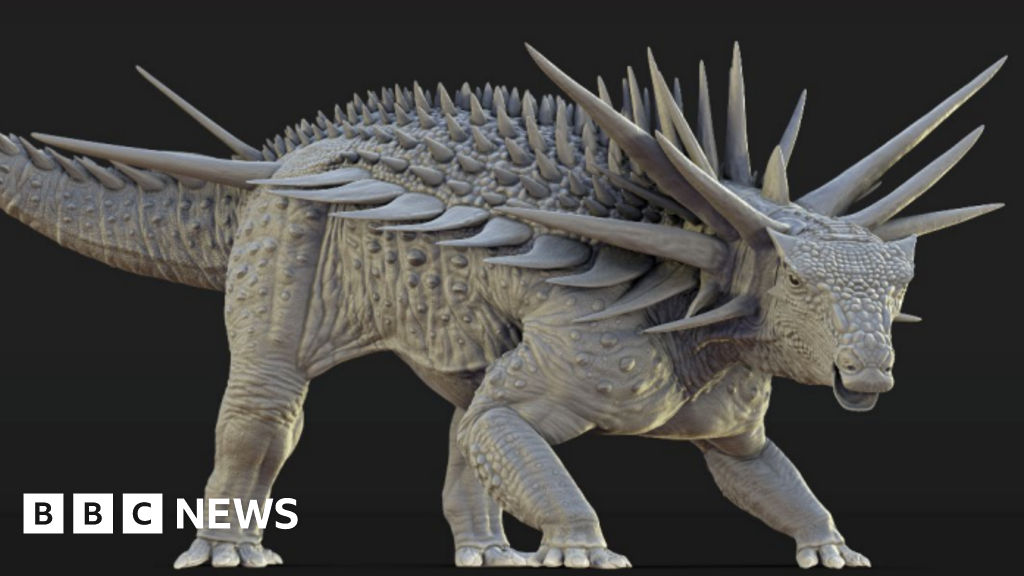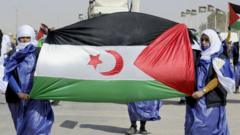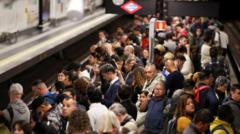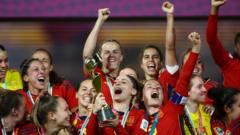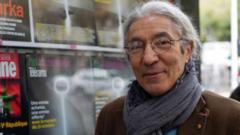Amidst ongoing issues of drought and economic instability, King Mohammed VI of Morocco has issued a compassionate call to his people, recommending they refrain from the customary slaughter of sheep for Eid al-Adha, which is scheduled for this upcoming June. Traditionally celebrated with prayers and shared meals, Eid al-Adha, known as the Feast of Sacrifice, symbolizes a significant religious observance for Muslims.
The king stressed the importance of acknowledging the current climate and financial struggles many families are enduring. He stated that performing the ritual under the current hardships could lead to further distress for those with limited incomes. His message was conveyed through a letter read by the Islamic affairs minister, Ahmed Toufiq, on state television, where the king also expressed his intention to perform the sacrifice on behalf of his citizens.
Morocco has been facing a protracted crisis due to years of drought, made worse by extreme heat linked to climate change. Recent statistics indicate a staggering 53 percent reduction in rainfall compared to the last 30 years, leading to decreased agricultural yields, water shortages, and skyrocketing food prices. These adversities have put traditional practices at risk, making the king's guidance a welcome relief for many families who are now navigating tight budgets amid rising living costs.
In his address, the king highlighted his dual responsibility to ensure that Moroccans can engage in religious practices while recognizing the pressing climate and economic challenges that threaten their livelihoods. As Eid approaches, his message reflects a blend of tradition, empathy, and pragmatism in these trying times.


